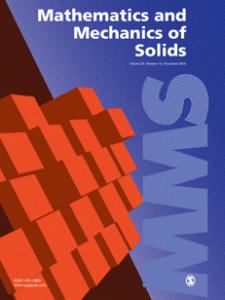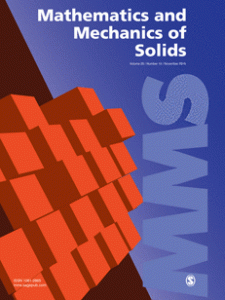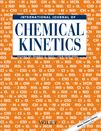 Guess what? We’ve got more cases of fraudulent peer review to report — our second post of the day on the subject, in fact. In the latest news, Hindawi Publishing Corporation has retracted 10 papers for “fraudulent review reports,” after an investigation of more than 30 papers that had been flagged this summer.
Guess what? We’ve got more cases of fraudulent peer review to report — our second post of the day on the subject, in fact. In the latest news, Hindawi Publishing Corporation has retracted 10 papers for “fraudulent review reports,” after an investigation of more than 30 papers that had been flagged this summer.
The investigation found that author Jason Jung, a computer engineer at Yeungnam University in Korea, “was involved in submitting the fraudulent review reports” for four of the retracted papers, according to the publisher’s CEO. In the case of the other six, the authors didn’t appear to be involved.
Hindawi Publishing Corporation, which publishes over 400 journals, doesn’t ask authors for potential review suggestions — making a common route to fake peer review more difficult. In July, when Hindawi announced it was investigating the papers, it posted a statement saying that they suspected the editors had created fake reviewer accounts.
The retraction note on Jung’s papers — identical except for the title at the beginning — explains that each paper has
Continue reading In more faked peer review news…10 papers pulled by Hindawi



 Thirteen papers in Mathematics and Mechanics of Solids now have an expression of concern, after it came to light that an author on most of the papers coordinated the peer-review process.
Thirteen papers in Mathematics and Mechanics of Solids now have an expression of concern, after it came to light that an author on most of the papers coordinated the peer-review process.



